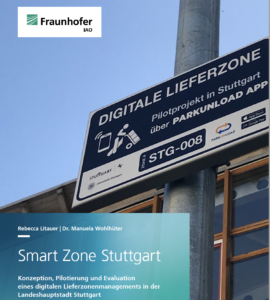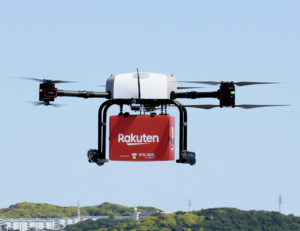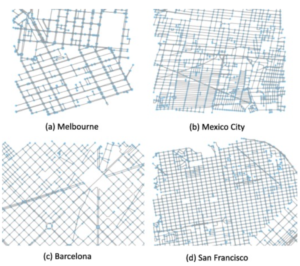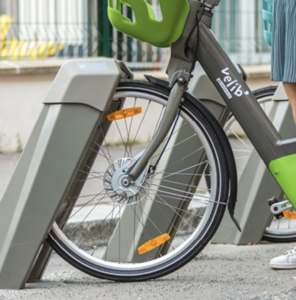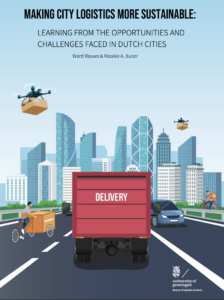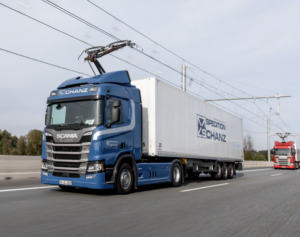Deutsche Post DHL launches parcel transport by streetcar in Schwerin
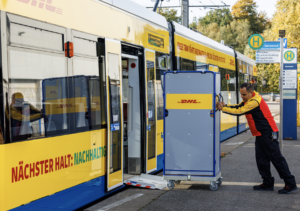
Deutsche Post DHL Group officially launched parcel transport via parcel streetcar in the state capital of Mecklenburg-Vorpommern. Around 450 DHL parcel shipments will be transported on the new particular line in the city area every weekday. The additional trip starts at 11:17 a.m. at the Haselholz depot and stops at Kieler Straße, Platz der Freiheit, …


